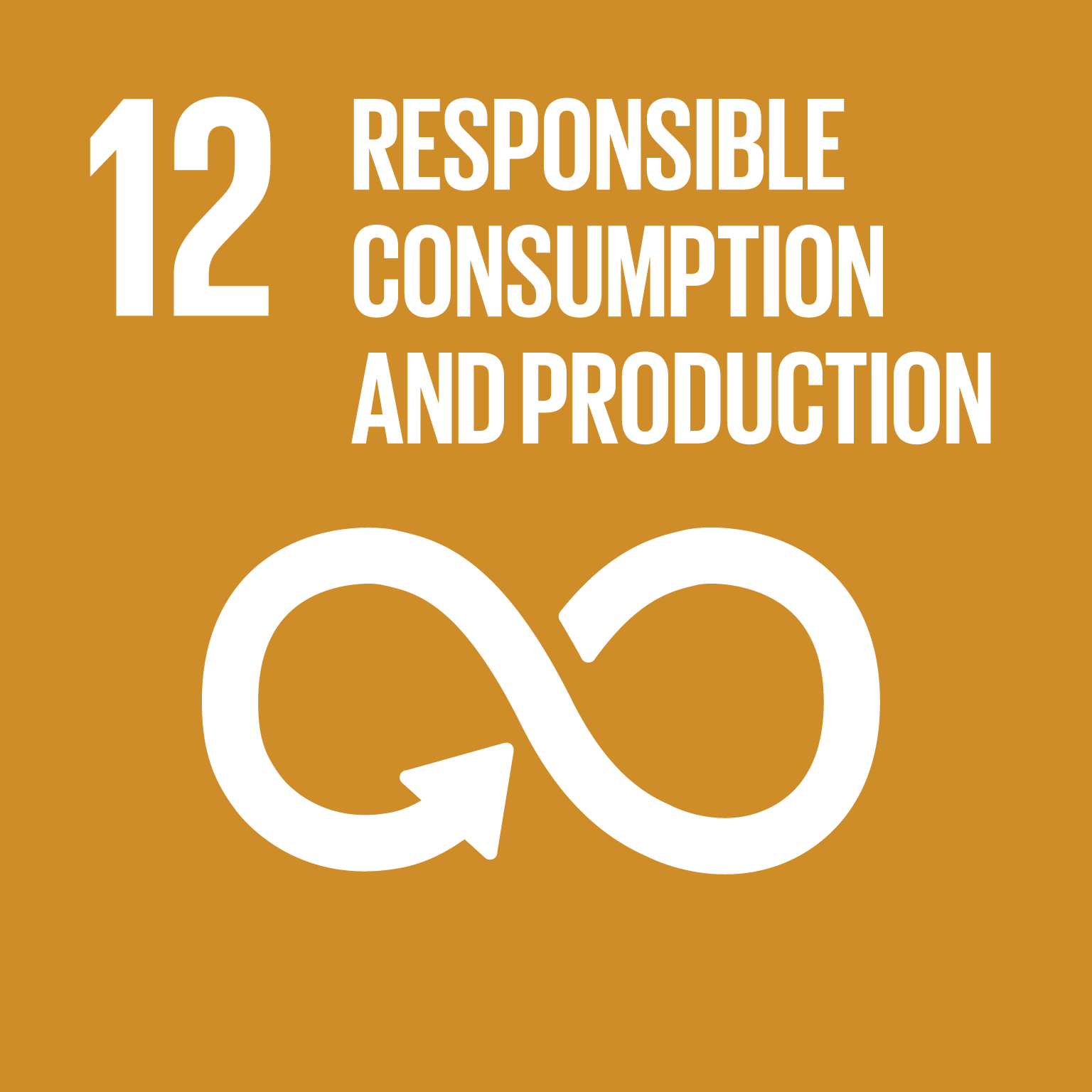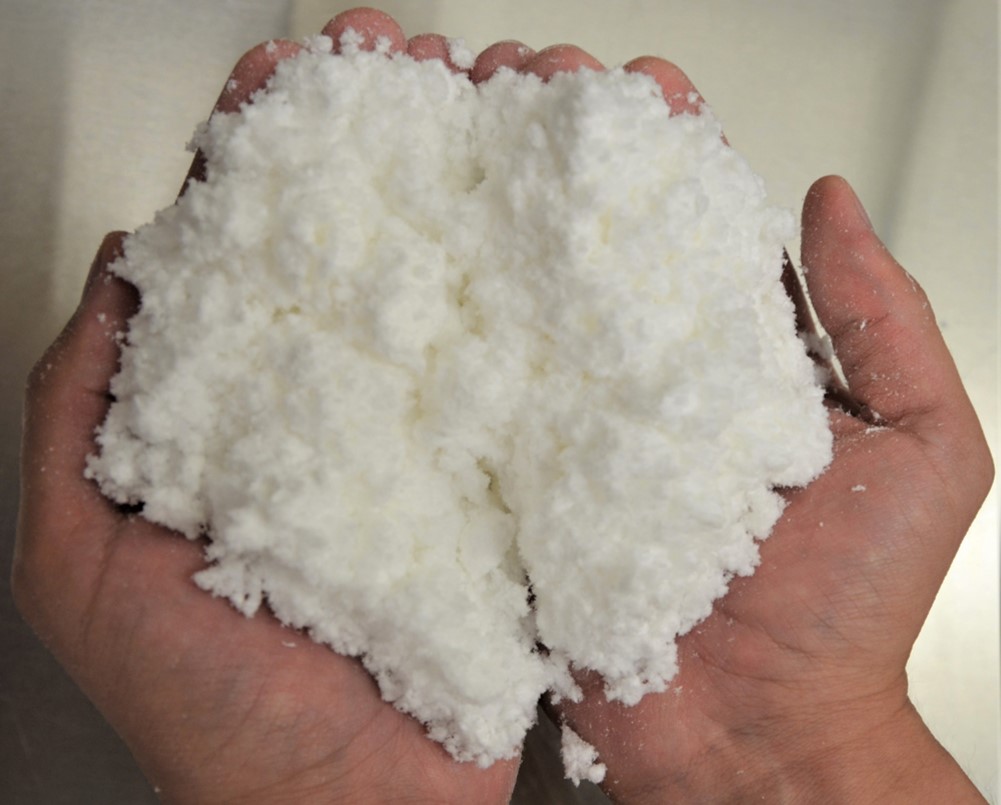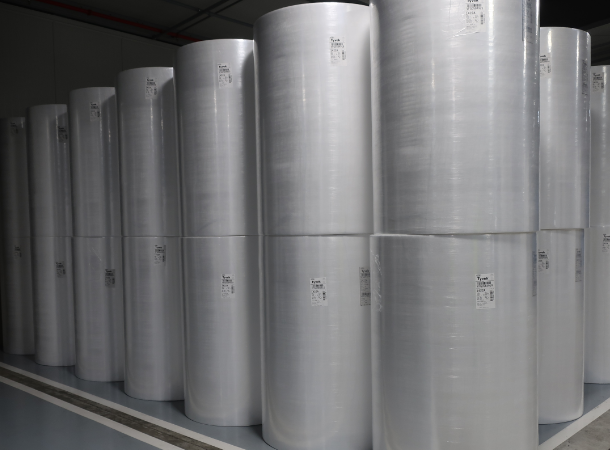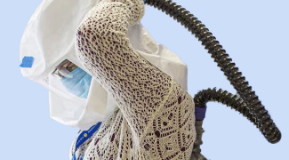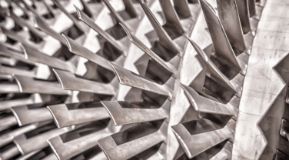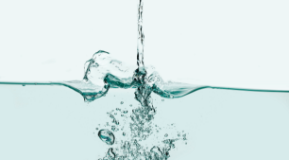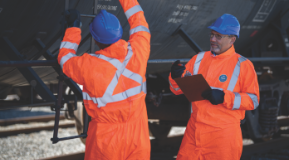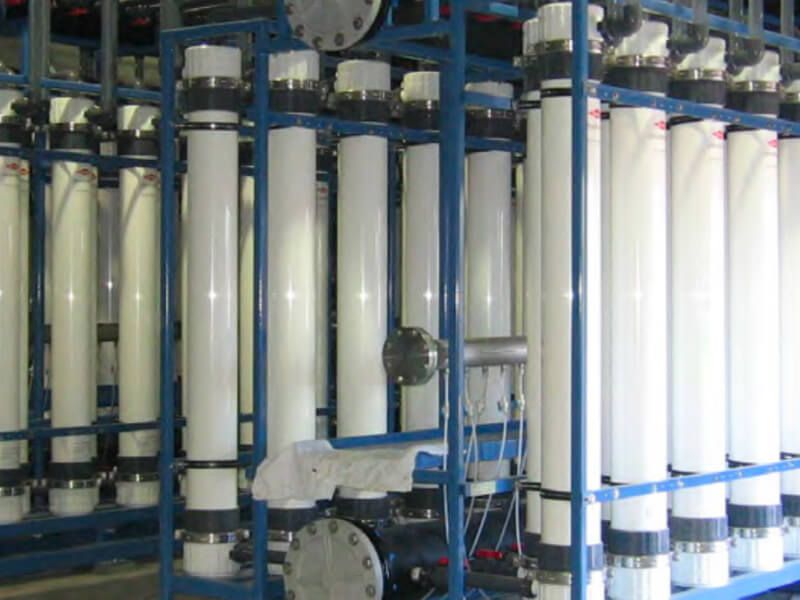
In 2018, our Electronics & Industrial Interconnect Solutions site in Sasakami, Japan, began a two-year project to reduce effluents and solid waste associated with the production of chemicals for metallization processes. To reduce wastewater, the team implemented process upgrades, such as adjusting the raw input volume to reduce the amount of residual product; then, reused any remaining product in the next batch instead of sending it to disposal. The team also used spray ball technology—a type of cleaning device—to control the time it takes to wash the tank before using that same tank for a different production process.
To reduce solid waste, the Sasakami site worked with its existing raw material suppliers to return the wooden pallets used in delivery so they could be repurposed for internal use. Our site also saved waste costs related to the filters used in production processes by adding a step before the waste contractor arrived on site. Waste costs for the filters are calculated by weight. A filter is washed before it is disposed of as waste, and the freshly washed filter and contains water at the time it is disposed. Hanging it to dry naturally reduces its weight, thereby cutting waste costs.
These process improvements resulted in a 30% decrease in wastewater outputs and a 15% reduction in solid waste over the first two years of the project. The site is now considering other production processes to target for similar waste reduction efforts.
